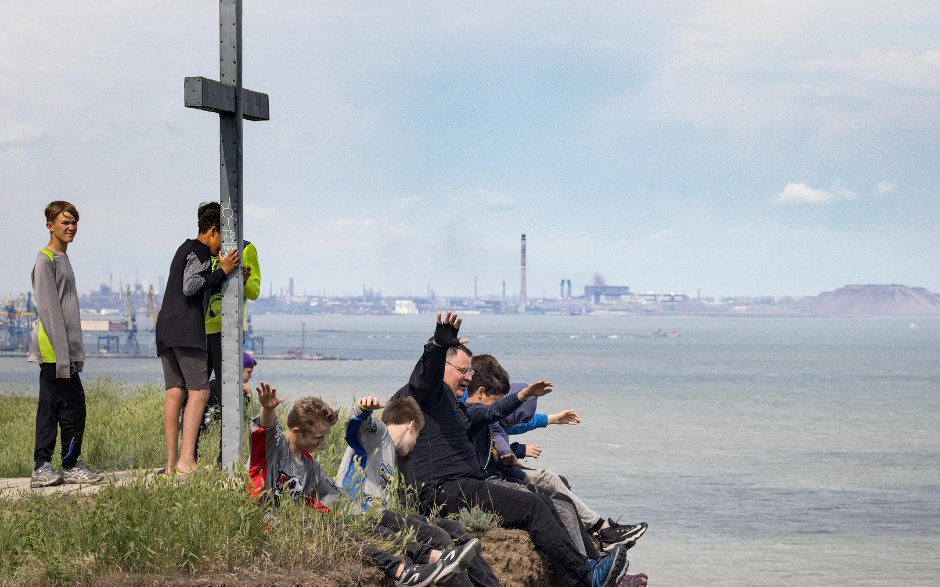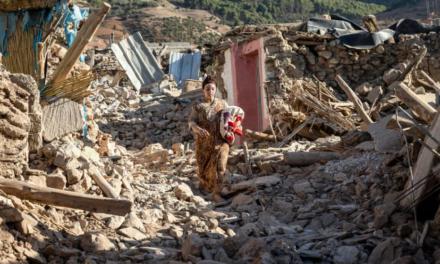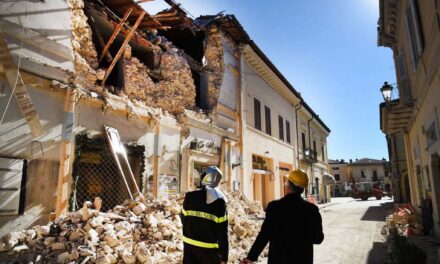From the start of Russian’s invasion of Ukraine on February 24, 2022 and the resulting displacement of more than 10 million people, including more than 5 million refugees, MercyWorks quickly mobilized to pray, give and go.
A top priority was to immediately send a two-person assessment team to Poland to view firsthand the many Poland/Ukraine border crossings to see where teams could best make a difference. This initial team made lots of connections and provided valuable intel into where teams could serve with greatest impact and contacts to assist with the teams logistical needs. Soon after, the McClung family moved to Warsaw to oversee the outreach teams going to Poland to serve the Ukrainian refugees. To date, MercyWorks has mobilized two outreach teams each month in March, April and May with teams #7-12 scheduled to serve in June, July and August.
Due to the need for flexibility and being able to adapt to quickly changing ministry needs and opportunities, as well as the logistical challenges of housing and transportation in the overcrowded capital of Warsaw, we have intentionally kept initial outreach teams small (between 6-10 people each). MercyWorks teams have been active in a wide variety of ministry. Some things teams have been involved with include, but is not limited, to serving at:
Refugee Centers: Temporary housing for hundreds of Ukrainians as they look for a more permanent location to live. At most they have a few days to figure out their next stop. Many have been traveling for weeks in various locations and are exhausted. Ministry at these centers involves cleaning, playing with children, serving food, giving out supplies, etc.
Train Station/ Bus Stations: Serving food to refugees with World Central Kitchen, handing out hygiene items, packing supply bags for people traveling, helping carry bags and find information for Ukrainians. A benefit of this type of ministry in Warsaw has been the close proximity to the team apartment.
Refugee House renovation: a large 5-bedroom home that was a former brothel is currently being prepared to house Ukrainian families. Work here involves cleaning, painting, scraping of mold, installing furniture, patching walls, electrical work, etc.
Established Refugee home: Clearing the property of brush and rubble, Bible study, playing with children, spending time with mothers, assembling of beds and furniture, etc.
Ukraine border: As this involves a four-hour drive from Warsaw, border ministry typically requires overnight stays in a hostel or school. Some of the things teams have been involved with along the border include the handing out of supplies, cleaning and preparing sleeping rooms for Ukrainians waiting to depart to another country around Europe, ministering to kids in designated play areas who are staying at the center, helping with luggage, listening to people tell their stories and praying for them, as well as finding information needed to connect refugees to their next destination.
Hostel for refugees: Cleaning, cooking, passing out meals, sorting supplies.
In the future, the plan is to move forward with a permanent base of operations in Ustron, a town in southern Poland near Krakow and bordering Czechia and Slovakia. As ministry emphasis is shifting from the immediate care of refugees who rapidly fled Ukraine to one of supporting them in the various neighboring countries, the need to minister in deeper ways among fewer people rather than in a wider way with the multitudes takes priority. As a result, ministry among Ukrainian refugees in Poland will soon look different than what it has been up to now.
As one example, there are not as many refugees coming to into Poland from Ukraine, so border ministry isn’t as nearly active as it was in the first two months after the war began. At the same time, mothers with young children want to go to work and/or get their children in school, so there are needs that require longer-term solutions.






